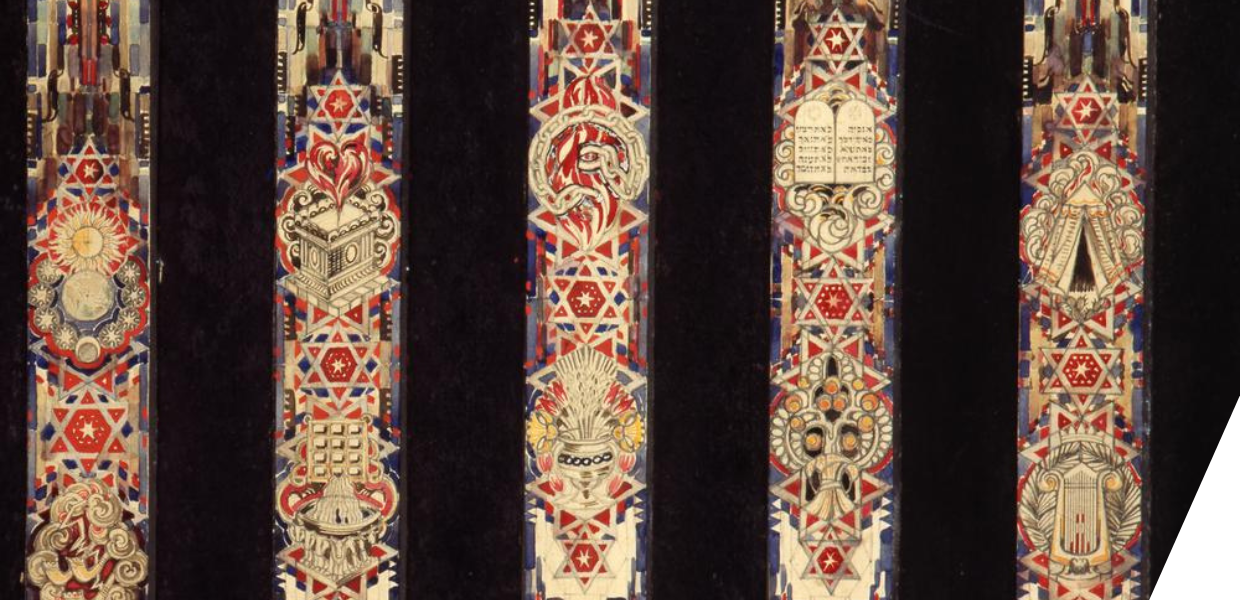At the heart of J-Ark is the eArchiving component, which provides a powerful, open-source long-term preservation solution. J-Ark uses the Roda software developed by KEEP Solutions, a leading provider of digital preservation solutions. Roda is a proven platform that has been successfully used by institutions around the world to manage and preserve their digital archives. Integrating Roda into J-Ark has created a robust and reliable platform that is specifically tailored to the needs of Jewish archives.
J-Ark offers the possibility to publish materials on Europeana.eu, which offers access to thousands of digitised cultural heritage objects from across Europe. Thanks to the Judaica Europeana aggregator, operated by Jewish Heritage Network, the Europeana website already provides access to an enormous wealth of Jewish heritage materials including digitised manuscripts, photographs, artwork, and more.
Finally, J-Ark employs the eTranslation component to provide machine translation and anonymisation services (via Pangeanic API). This allows Jewish archives to quickly and easily translate the texts included in their digital content into multiple languages, making it accessible to a wider audience. The anonymisation services ensure that sensitive information can be protected, while still enabling researchers to access and analyse the content.
J-Ark is already being used by a number of Jewish archives, including the Grodzka Gate ‐ NN Theatre in Lublin, The Together Plan in Minsk and London and the Lithuanian Jewish Community in Vilnius. These institutions have praised the software for its user-friendliness, robustness, and compatibility with existing workflows.
J-Ark project partners are excited to offer this innovative solution to Jewish archives around the world, and look forward to working with institutions to ensure the preservation of this vital cultural heritage.


